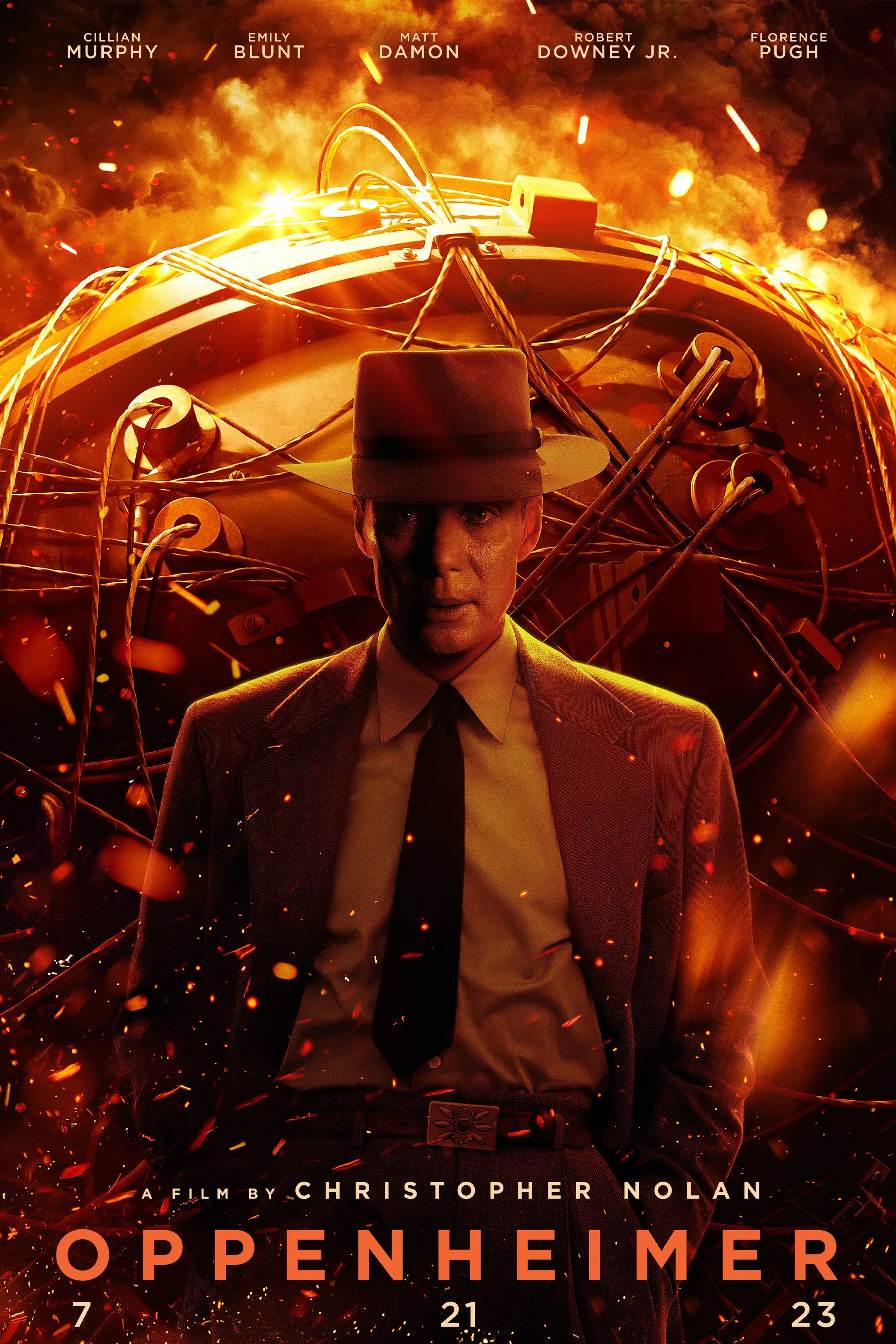Unveiling Oppenheimer: The Man Behind The Atomic Bomb
Oppenheimer is a name that resonates with the echoes of history, representing both brilliance and moral quandary. This article delves deep into the life and legacy of J. Robert Oppenheimer, the American theoretical physicist best known for his pivotal role in the Manhattan Project during World War II. Oppenheimer's contributions to science and his ethical dilemmas make him a fascinating subject of study. In this comprehensive exploration, we will cover his early life, career milestones, involvement in the atomic bomb's development, and the moral implications of his work. Join us on this journey as we uncover the complexities of a man who changed the course of history.
Born on April 22, 1904, in New York City, Oppenheimer was a prodigy who would go on to lead one of the most significant scientific endeavors of the 20th century. Despite the monumental achievements of the Manhattan Project, Oppenheimer's later life was marked by regret and reflection on the consequences of nuclear warfare. This article aims to provide a detailed account of Oppenheimer's life, his scientific contributions, and the ethical questions that arose from his groundbreaking work.
In the sections that follow, we will explore various aspects of Oppenheimer's life, including his educational background, key collaborations, and the impact of his work on global politics. By the end of this article, readers will gain a nuanced understanding of Oppenheimer—not just as a scientist, but as a complex individual grappling with the moral dimensions of his contributions to humanity.
Table of Contents
- Early Life and Education
- Scientific Career
- The Manhattan Project
- Post-War Reflections and Regrets
- Legacy and Influence
- Personal Life
- Data and Statistics
- Conclusion
Early Life and Education
J. Robert Oppenheimer was born into a wealthy Jewish family. His father, Julius Oppenheimer, was a successful textile importer, while his mother, Ella Friedman, was an accomplished painter. Oppenheimer showed early signs of brilliance, excelling in academics and showing a particular interest in science and literature.
Academic Pursuits
Oppenheimer attended Harvard University, where he majored in chemistry. He graduated in 1925 and continued his studies at the University of Cambridge, where he worked under the guidance of renowned physicist J.J. Thomson. He eventually earned his Ph.D. in physics from the University of Göttingen in Germany, where he studied quantum mechanics.
Scientific Career
Oppenheimer's scientific career took off in the late 1920s, as he became a leading figure in theoretical physics. His research contributions included work on quantum mechanics and the theory of black holes.
Key Collaborations
- Collaboration with Enrico Fermi on nuclear reactions.
- Partnership with Niels Bohr on quantum theory.
- Influence on many young physicists, including his students at the University of California, Berkeley.
The Manhattan Project
In 1942, Oppenheimer was appointed as the scientific director of the Manhattan Project, tasked with developing the first nuclear weapons. This project was initiated in response to the threat posed by Nazi Germany during World War II.
The Development of the Atomic Bomb
Under Oppenheimer's leadership, the project brought together some of the brightest minds in physics, including Richard Feynman and Niels Bohr. The culmination of their efforts was the successful detonation of the first atomic bomb on July 16, 1945, in New Mexico, known as the Trinity Test.
Post-War Reflections and Regrets
After the war, Oppenheimer became a prominent advocate for international control of nuclear energy. He expressed deep remorse over the bomb's use on Hiroshima and Nagasaki, recognizing the catastrophic consequences of nuclear warfare.
The Ethical Dilemma
Oppenheimer grappled with the moral implications of his work, famously stating, "Now I am become Death, the destroyer of worlds." His reflections led to a complex legacy that continues to spark debate among scientists, ethicists, and historians.
Legacy and Influence
Oppenheimer's legacy is multifaceted. He is often hailed as the "father of the atomic bomb," yet his later advocacy for arms control reflects a deep understanding of the dangers posed by nuclear weapons.
Impact on Science and Society
- Influenced the direction of nuclear physics research.
- Contributed to the establishment of the Atomic Energy Commission.
- Continued to speak about the ethical responsibilities of scientists.
Personal Life
Oppenheimer's personal life was as complex as his professional one. He married Katherine "Kitty" Puening in 1939, and they had two children together. His family life provided him with a semblance of normalcy amidst the tumult of his scientific career.
Data and Statistics
| Parameter | Details |
|---|---|
| Birth Date | April 22, 1904 |
| Death Date | February 18, 1967 |
| Education | Harvard University, University of Göttingen |
| Major Contribution | Manhattan Project |
Conclusion
In conclusion, J. Robert Oppenheimer's life story is a compelling narrative of scientific achievement intertwined with profound ethical considerations. His role in the development of the atomic bomb marked a turning point in human history, and his reflections on the implications of nuclear weapons resonate to this day. As we reflect on Oppenheimer's legacy, it is essential to recognize not just the scientific advancements he spearheaded but also the moral dilemmas faced by scientists in an increasingly complex world.
We invite you to share your thoughts on Oppenheimer's legacy in the comments below. If you found this article insightful, please consider sharing it with others or exploring additional articles on our site for more intriguing topics.
Thank you for joining us on this journey through the life of J. Robert Oppenheimer. We hope to see you back for more enlightening discussions.
Everything You Need To Know About El Bagel: A Culinary Delight
Exploring Wamesit Lanes: A Comprehensive Guide To Fun And Entertainment
Understanding Cravings: The Science Behind Our Desires


